Urology is a medical specialty concerned with the treatment and management of conditions and diseases affecting the urinary tract and male reproductive system. Urologists are trained to diagnose and treat a wide range of conditions, from common issues such as urinary tract infections and prostate problems, to more complex conditions such as cancer and infertility.
Below you will find a wide variety of conditions that we treat, using the most advanced diagnostic and therapeutic techniques to achieve the best results. Click on the category to find out more information.
BPH -- Benign prostatic hyperplasia (BPH), also known as enlarged prostate, is a common condition in which the prostate gland grows in size, causing urinary symptoms and difficulties. BPH affects a significant number of men as they age and can have a significant impact on their quality of life. Some of the most common symptoms of BPH include frequent urination, difficulty starting and stopping urination, weak urine flow, and a feeling of incomplete bladder emptying.
Stress and Urge Incontinence -- Urinary incontinence is a common but often embarrassing condition in which a person experiences the unintentional loss of urine. This can range from a small leak to complete loss of bladder control and can have a significant impact on a person's quality of life. Urinary incontinence can be caused by a range of physical and emotional factors, including age, menopause, pregnancy, obesity, and certain medical conditions.
Elevated PSA -- Elevated prostate-specific antigen (PSA) levels can be a sign of prostate cancer or other conditions affecting the prostate gland. PSA is a protein produced by the prostate gland and is commonly used as a screening tool for prostate cancer. An elevated PSA level does not always indicate the presence of cancer, but it can be a warning sign that further evaluation is needed.
Circumcision -- Circumcision is a surgical procedure in which the foreskin, the skin covering the tip of the penis, is removed. The procedure is commonly performed for religious, cultural, or medical reasons. Circumcision can have both physical and psychological effects and is a personal decision that should be made after careful consideration and consultation with a healthcare provider.
Urinary Tract Stones -- Urinary tract stones, also known as kidney stones, are hard deposits of minerals and salts that form in the urinary tract. These stones can cause severe pain and discomfort as they move through the urinary tract and can also lead to other complications such as urinary tract infections or blockages. The formation of urinary tract stones can be caused by a range of factors, including diet, genetics, and certain medical conditions.
Kidney, Prostate, Bladder Cancer -- Urologic cancers are a group of cancers that affect the urinary system and the male reproductive system. These cancers can be life-threatening and can have a significant impact on a person's quality of life. Some common types of urologic cancers include prostate cancer, bladder/ureter cancer, kidney cancer, and testicular cancer.
STI and Communicable diseases -- Sexually transmitted infections (STIs) are infections that can be spread through sexual contact, including vaginal, anal, and oral sex. STIs can have serious health consequences if left untreated, including infertility, pelvic pain, and increased risk of HIV and other infections.




















